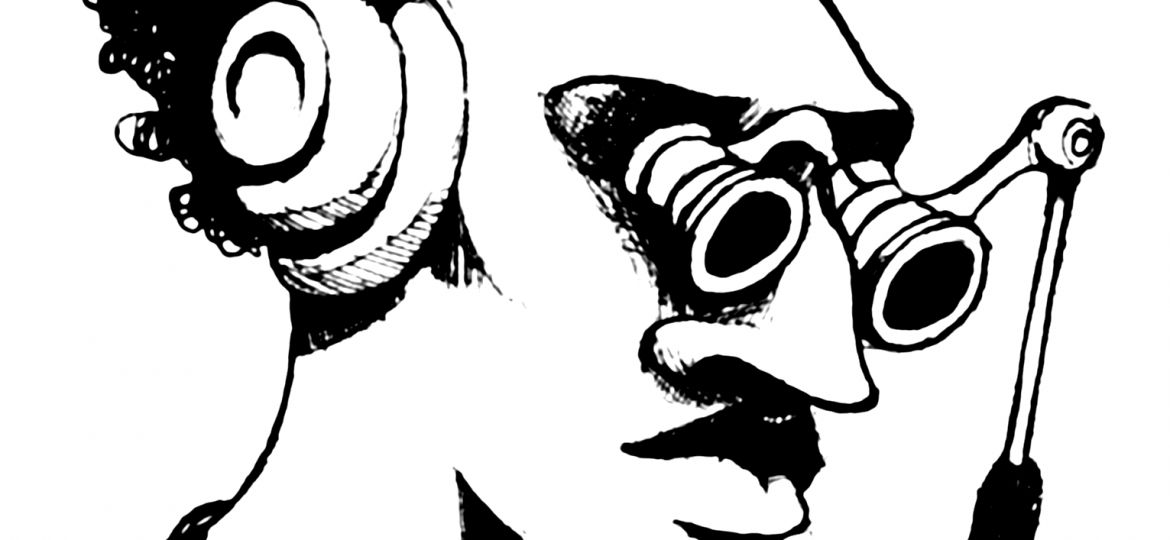
In February 2019, acclaimed film director Woody Allen enjoyed success in court against Amazon Studios. Amazon, the production company of his latest movie, “A Rainy Day in New York,” had unlawfully withdrawn the film from a U.S. release and revoked the filmmaker’s right to distribute his work. Amazon Studios’ decision is largely rooted in the #MeToo movement, which gave a resurgence to the allegations of sexual assault against Allen. The director’s latest film was released in Poland in late July, is soon to open the French Deauville American Film Festival and is to be released in multiple other countries around the globe but is barred from the U.S.
Something to consider in regard to this controversy is the continual difficulty of separating two beings within one person. Artists combine in themselves two entities: the social individual and the creator. When experiencing a work of art, it is a difficult struggle to dissociate the creation from the person that produced it. The same attitude was recently expressed towards the infamous rapper XXXTentacion following his untimely death; his music was only associated with his actions as a person.
The inability to perceive an artwork separate from its creator is more than justifiable. Individuals who have endured terrifying experiences cannot be blamed for not separating a work of art from an artist who may have committed horrifying deeds. However, besides such persons, others experience no hardship in attacking such artists as Allen, while at the same time enjoying the music of John Lennon or films of Alfred Hitchcock. To reiterate, there is no fault in expressing disdain towards people accused of such terrible actions as sexual assault. However, the lack of desire to hold other people who were accused of similar crimes equally accountable is hypocritical.
Let us analyze the ethical grounds that the distributors, Amazon Studios, stand upon. Critiquing creations of an artist, who happens to be a questionable person, stands alone as a right reserved by any individual willing to delve into such issues. However, the right to allow the public to make the decision to hate or to love a work of art is bestowed upon such giants as the aforementioned production company.
It becomes an ethical question when a company that has sponsored a certain good, reneges on the contract made with the producers of the good. Unfortunately, the moral ground of large businesses, such as Amazon, is not as righteous as they would have the viewers and consumers believe. The decision-making process of such companies revolves around nothing except the hunger for wealth. A prominent example of that was the Pepsi commercial that starred Kendall Jenner and took place at a protest. This ad caused controversy, because it was clearly monetizing people’s struggles. Amazon operates similarly; it is more than obvious that a company that had previously faced ethical issues is not supporting the victims of sexual assault or other mistreatment. It is merely rushing to close a project, which with current circumstances will not be financially beneficial for Amazon.
In reality, disdain towards artists, who are questionable individuals, for merely that reason is something to have a discussion about. However, the issue with Allen is beyond that, for it does not allow the public to even make that decision. It is made for the people, by the distributors. In a contest between greed and morals, we all know which one prevails.

